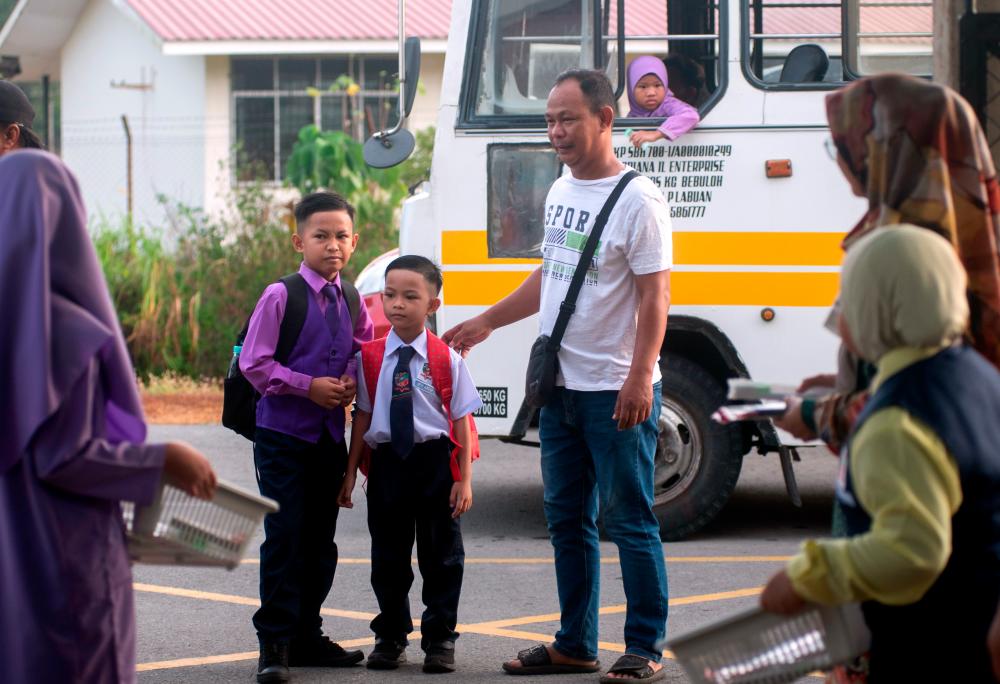PETALING JAYA: Long-term intervention, personalised attention and sustainable strategies are crucial to addressing learning difficulties among students, said Parent Action Group for Education Malaysia chairman Datin Noor Azimah Abdul Rahim.
“This includes recognising the serious consequences associated with learning difficulties, such as academic underachievement, diminished self-esteem and increased dropout rates,“ she said.
Yesterday, Education Minister Fadhlina Sidek said her ministry will introduce the Literacy and Numeracy Intervention Programme for Standard One pupils who have not mastered the skills of reading, writing and counting (3M).
She said the initiative would commence in the 2024/2025 academic session, and in the first three months, teachers will conduct screening to identify students who are struggling to master 3M.
“After three months, those lacking in 3M skills will be temporarily removed from their classes and placed under the programme for three months.
“These students will participate in the programme from July, and once they reach proficiency within three months, they will return to their original classes.”
Noor Azimah said addressing learning difficulties require a multifaceted approach that recognises the challenges students face.
While expressing support for the programme, she said it was launched in 2020 for Standard Two and Standard Three students but was ineffective.
“More needs to be done. For instance, there is a critical need for parental involvement in acknowledging and accepting their children’s learning disabilities. Merely extending the programme to more students does not resolve learning difficulties.
“Collaborative efforts between parents and educators are critical to develop tailored strategies for students to overcome 3M issues and achieve success.”
Noor Azimah said there are insufficient intervention programmes and specialist coaches within the education system, and these too require attention.
“The shortage of suitable long-term programmes and specialist coaches leaves students with learning difficulties without adequate assistance and hinders their long-term academic progress.
“Adding to this, are inadequate resources and limited funding. These pose significant barriers to providing comprehensive support to such students, and highlight a bigger problem that no three-month programme can adequately resolve.”
She said teacher training must equip educators with the necessary skills to differentiate instructions for targeted support involving students with diverse learning needs.
“Ultimately, without a firm, long-term commitment from the Education Ministry to address the myriad issues involved with learning difficulties, student progress will remain stagnant.”
In supporting Noor Azimah’s call for long-term strategies, National Association of Private Educational Institutions secretary-general Dr Teh Choon Jin said learning difficulties among schoolchildren pose significant risks to their higher education.
Citing National Social Council data, Teh said there were 14,506 school dropouts in 2023.
“If learning difficulties are not addressed effectively during primary and secondary education, students may struggle to develop foundational skills in education.










